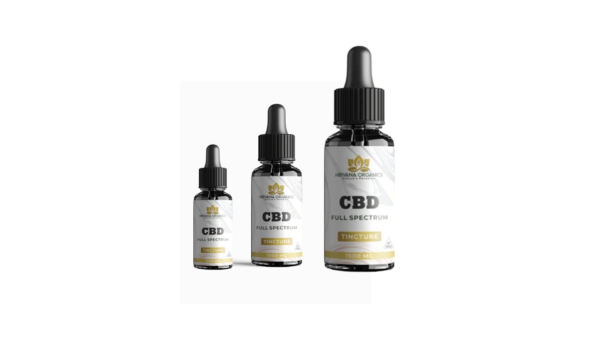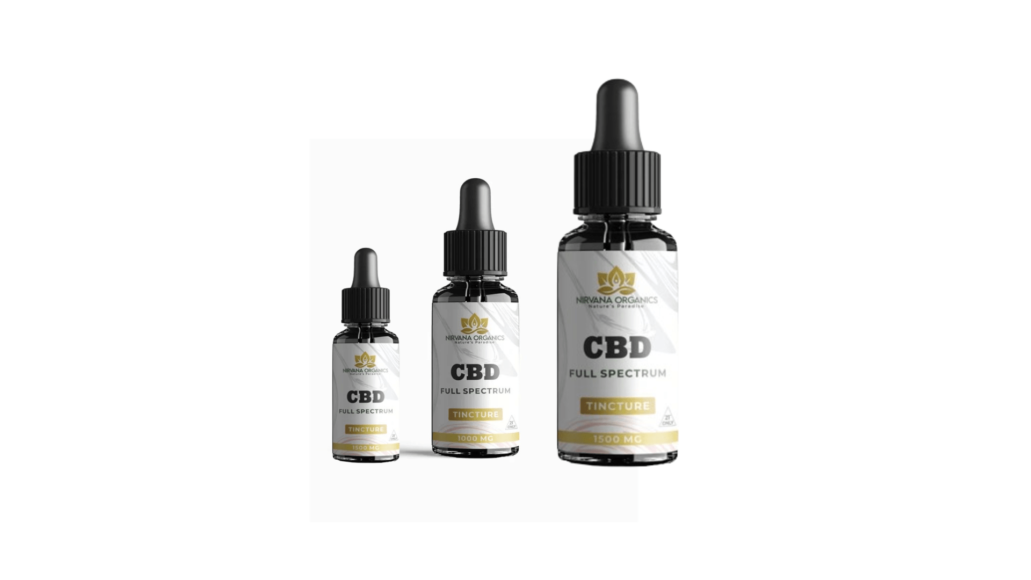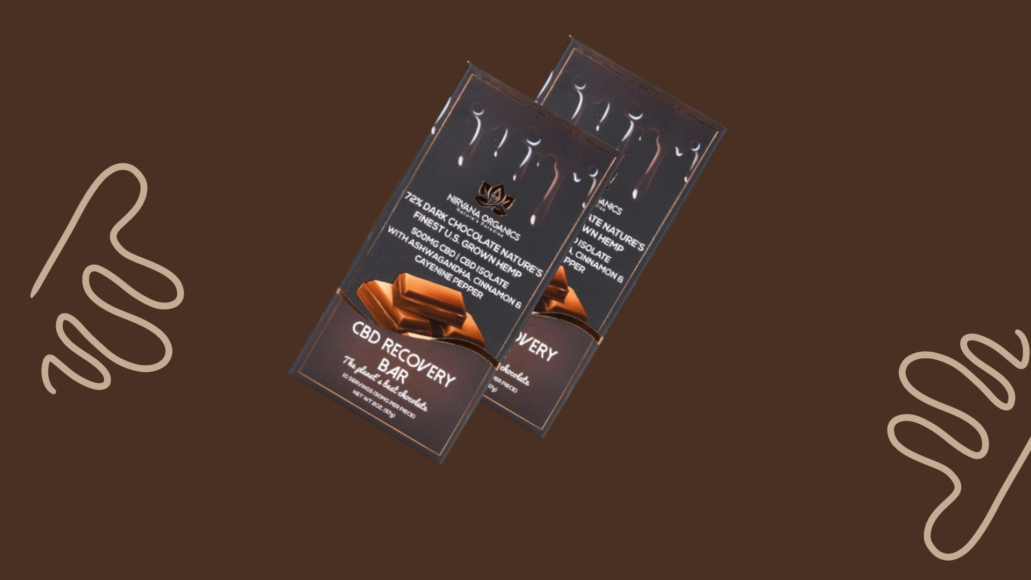A Comprehensive Guide to the Essentials of CBD Tinctures
What is a CBD tincture?
A CBD tincture is made using alcohol. Strong alcohol is used to pull out the natural chemicals from the cannabis plant, and it’s also part of the final tincture.
This way of making tinctures keeps the good stuff from the plant safe and fresh, but it needs a lot of cleaning up. It can also taste quite bitter.
To cover the bitter taste, tinctures often have things added like sweeteners, flavors, or vegetable glycerin. Some brands might also add vitamins, herbal extracts, or other supplements like melatonin, depending on what the product is for.
Plus, the FDA has said that CBD can’t be sold as a dietary supplement, so mixing CBD with these things might not follow FDA rules.
CBD tinctures aren’t very common, mainly because they taste bitter. Many products called tinctures are actually oils.
If you want a real CBD tincture, you should ask for an “alcohol-based tincture” to be clear.

Pros and Cons of CBD Tinctures
Pros:
- Easy to dose
- Can be mixed with food and drinks
- Quick effects when taken under the tongue
Cons:
- Bitter flavor
- Not widely available
- Not effective for use on the skin
Since CBD tinctures bypass the digestive system, they can work faster than other forms of CBD. Like CBD oils, which need to go through digestion and may take several hours to start working.
Alcohol-based CBD tinctures are absorbed more quickly by the body, offering faster relief. Making them a good choice for those who need immediate effects. On the other hand, CBD oils are often chosen by people who want to avoid alcohol for medical or religious reasons or who want to use CBD in cooking.
Some people find CBD tinctures have a bitter taste, which might make them prefer CBD oil instead.
What are tinctures specifically?
An herbal tincture is made by using a mix of alcohol and water to pull out compounds from a plant, such as the cannabis plant.
Sometimes, you might see extracts called tinctures that use glycerin, vinegar, or oil instead of alcohol. These are alcohol-free, but they might not be as strong as an alcohol-water extract.
How are CBD tinctures made and what are the benefits of using them?
CBD tinctures are usually made from high-CBD hemp strains with 60 to 70 percent alcohol and are mainly used to relieve anxiety or ease pain. Tinctures are convenient, have a long shelf life, and are easily absorbed when taken under the tongue. You can adjust the dose by changing the number of drops.
Despite the promise of various CBD products, Hill notes that much research is still needed. “The research hasn’t kept up with the interest. Many medical uses for CBD are only supported by animal studies or have little to no research, which can be problematic.”
So are there side effects?
At the end of the day, CBD is generally a safe compound. “However, we still need to learn more about it, like how it interacts with other medications and what the long-term effects are,” he adds. His biggest concern is that “sometimes people want to use it instead of evidence-based treatment, which can be a problem in certain clinical situations.”
CBD tincture vs. CBD oil—which is better?
A tincture may provide a broader range of compounds from hemp compared to an oil extraction. Consumers who are sensitive to alcohol often prefer hemp oil over tinctures. While both can be used on the skin, hemp oil is generally easier to apply and less irritating.
However, If you’re applying a CBD cream on your skin, it won’t get into your bloodstream. It can work as a local anti-inflammatory, like other over-the-counter products. But CBD might not give you more relief than those products, and it’s likely to be much more costly.
CBD Oil vs. CBD Tincture: Which Is Better?
Both CBD oils and CBD tinctures can work when taken by mouth and might offer similar effects, like pain and anxiety relief. However, CBD tinctures could give stronger results more quickly.
Ultimately, choosing between CBD oil and a CBD tincture depends on personal preference, desired effects, and individual needs. Both can be effective, but it’s about finding the right formulation and dosage for each person, she adds. It’s also crucial to read labels carefully to make sure a product labeled as CBD oil is truly CBD oil. And a product labeled as a CBD tincture is actually a CBD tincture, as these terms are often used incorrectly.
How do you know what you’re getting? What should you look for?
Quality is a big concern, especially in newer markets like cannabis. A study from 2017 in the Journal of the American Medical Association found that only 30 percent of commercially available CBD products were correctly labeled.
Some had more CBD than they should have, some had less, and some had none at all. It’s recommended to buy organic because the cannabis plant can absorb heavy metals and contaminants from the soil. Also, look for broad-spectrum products, which contain all the natural compounds of the plant except THC.
Related posts
Understanding CBD Recovery Bar Dark Chocolate
What Are CBD Topicals and How Do They Work?
Exploring the Pain-Relieving Potential of CBD..
Exploring the Potential of Black Pepper with..
Exploring How Cannabis Consumption Influences..
Understanding Vaporizer Burning and Its Benefits
The products featured on this site have not been evaluated by the Food and Drug Administration. They are not intended to be used for the diagnosis, treatment, prevention, or cure of any medical condition. Nirvana Organics does not make any claims about the benefits of our products. We recommend consulting your physician before using alternative therapies, especially if you are pregnant, nursing, elderly, chronically ill, or taking prescription medications. You must be at least 21 years old to purchase our products. Consumers assume full responsibility for using these offerings appropriately and legally.
We aim to provide truthful information about our offerings. However, our content is not meant as medical advice or instruction. The customer bears responsibility for using all products appropriately and according to the law. Customers should not construe any information here as professional medical advice or prescriptions. We provide general details about our products but do not claim to treat, cure, or prevent diseases. Creating any treatment regimen is a decision between buyers and their qualified Medical practitioners. Per the PACT Act, we follow regulations regarding the shipment of lawful goods.
THC Disclaimer
Our products contain no more than 0.3% Δ9-THC on a dry weight basis, which meets legal requirements. However, Δ9-THC can cause impairment and other side effects. You must avoid these offerings if pregnant or nursing. We also recommend consultation with a medical professional before consuming Δ9-THC. Keep these products away from children or animals. Operating vehicles or other machinery under the influence of Δ9-THC may be illegal and dangerous.

We at Nirvana Organics believe in quality and customer experience.
©2024. shopnirvanaorganics.com. All Rights Reserved.
- Login
- Sign Up








